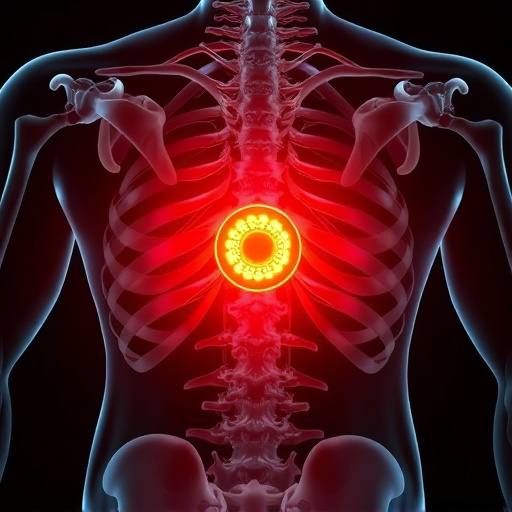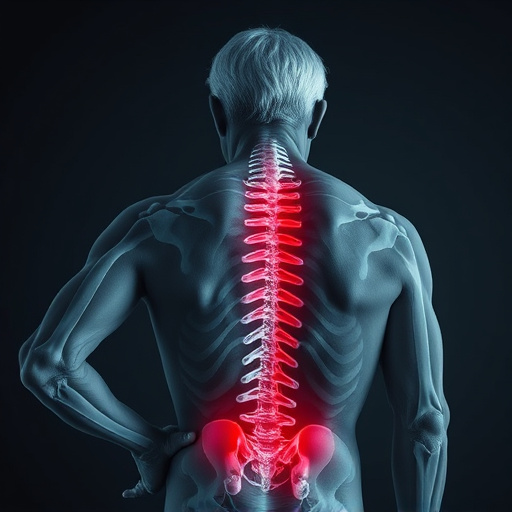Auto injury assessments often fail to detect subtle yet significant injuries like soft tissue damage (muscle strains, ligament sprains), which can lead to chronic conditions such as whiplash and persistent neck pain. These assessments typically focus on visible wounds and major physical damage, overlooking potential lasting impairments. A comprehensive auto injury assessment should consider a broader range of possible injuries, including specialized care and rehabilitation for long-term relief, particularly for whiplash, neck, back, and spinal injuries that may not initially appear on imaging tests. Early intervention through rehab services can significantly improve outcomes and minimize disability.
In many auto accident cases, a comprehensive evaluation of injuries is crucial but often overlooked. While visible wounds grab immediate attention, subtle yet significant injuries like whiplash, spinal damage, and concussions can be missed due to their complex nature and variable symptoms. This article delves into these commonly overlooked injuries, exploring why they’re frequently missed and emphasizing the vital role medical professionals play in accurate assessment. Understanding these complexities ensures thorough auto injury assessments, facilitating proper treatment and fair compensation for all victims.
- Common Overlooked Injuries in Auto Accidents
- – Whiplash and neck injuries
- – Back and spinal injuries
Common Overlooked Injuries in Auto Accidents
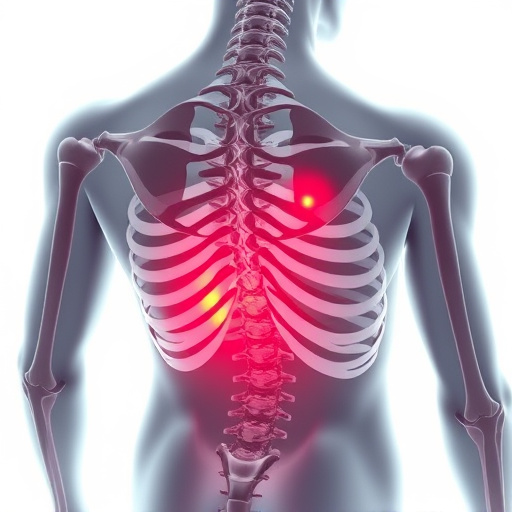
Auto injury assessments often focus on visible wounds and significant physical damage, overlooking certain injuries that can be just as debilitating. Soft tissue injuries, such as muscle strains and ligament sprains, are common yet frequently missed during initial checks. These injuries can manifest in various forms, including whiplash, which affects the neck and upper back, leading to persistent pain and discomfort. Many victims of auto accidents may experience delayed onset of symptoms, making it crucial for assessors to consider a broader range of potential injuries.
Beyond soft tissue injuries, chronic neck pain is another overlooked aspect. While immediate medical attention may address acute issues, long-term relief for neck pain requires specialized care and rehabilitation. Injured individuals might find themselves struggling with daily tasks and activities due to persistent discomfort. Thus, a comprehensive auto injury assessment should encompass not just the physical wounds but also the potential for lasting impairments, ensuring that victims receive the appropriate treatment and support for their recovery journey, including effective injury rehabilitation.
– Whiplash and neck injuries
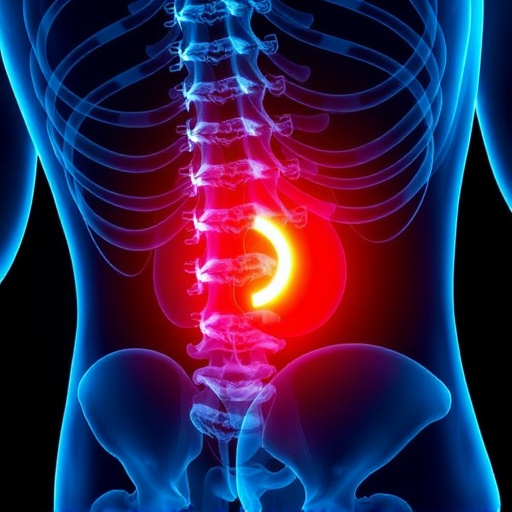
Whiplash and neck injuries are among the most common yet often overlooked injuries in auto injury assessments. Whiplash occurs when the neck is suddenly jerked forward then backward, typically during a rear-end collision. This rapid movement can cause strain or sprain to the muscles, ligaments, and discs in the neck, leading to symptoms like pain, stiffness, and headaches.
Proper evaluation and diagnosis are crucial for effective treatment of these injuries. Soft tissue injuries, such as whiplash, may not show up on standard imaging tests initially, making it essential to conduct a thorough auto injury assessment. Early intervention through rehab services can significantly improve outcomes, reducing the risk of chronic pain and disability. Injury rehabilitation focuses on exercises, physical therapy, and other techniques to restore neck mobility, strengthen supporting muscles, and alleviate symptoms associated with whiplash and related neck injuries.
– Back and spinal injuries
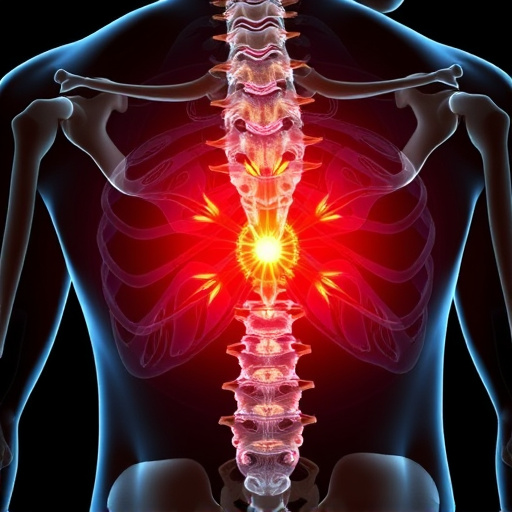
Back and spinal injuries are among the most common yet often overlooked injuries in auto injury assessments. While initial impact may not cause noticeable symptoms, the force exerted during a car accident can lead to significant damage to the delicate structures of the back and spine. Herniated discs, strained muscles, and even fractured vertebrae are possibilities that require thorough evaluation by medical professionals.
Proper assessment is crucial for determining the extent of these injuries, which often manifest in chronic pain, reduced mobility, and impaired quality of life. Physical therapy and functional rehabilitation play vital roles in muscle recovery and restoring range of motion. Timely intervention can significantly enhance recovery outcomes, ensuring individuals affected by auto accidents regain their strength and independence.
In many auto injury assessments, the focus often lies on more immediately visible wounds. However, it’s crucial to recognize that certain injuries, like whiplash and back traumas, can be subtle yet significantly impact an individual’s well-being. A comprehensive evaluation should consider these overlooked yet common auto injury assessment concerns to ensure proper care and a full recovery for all victims.









